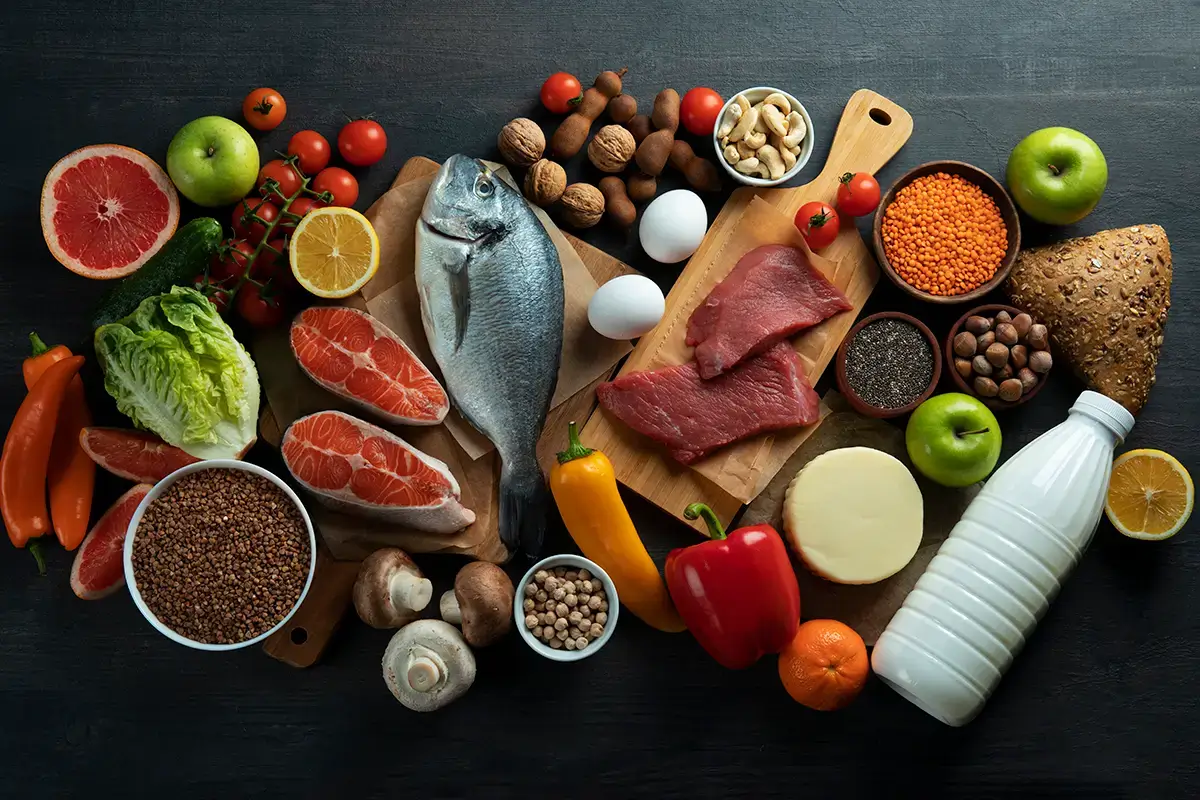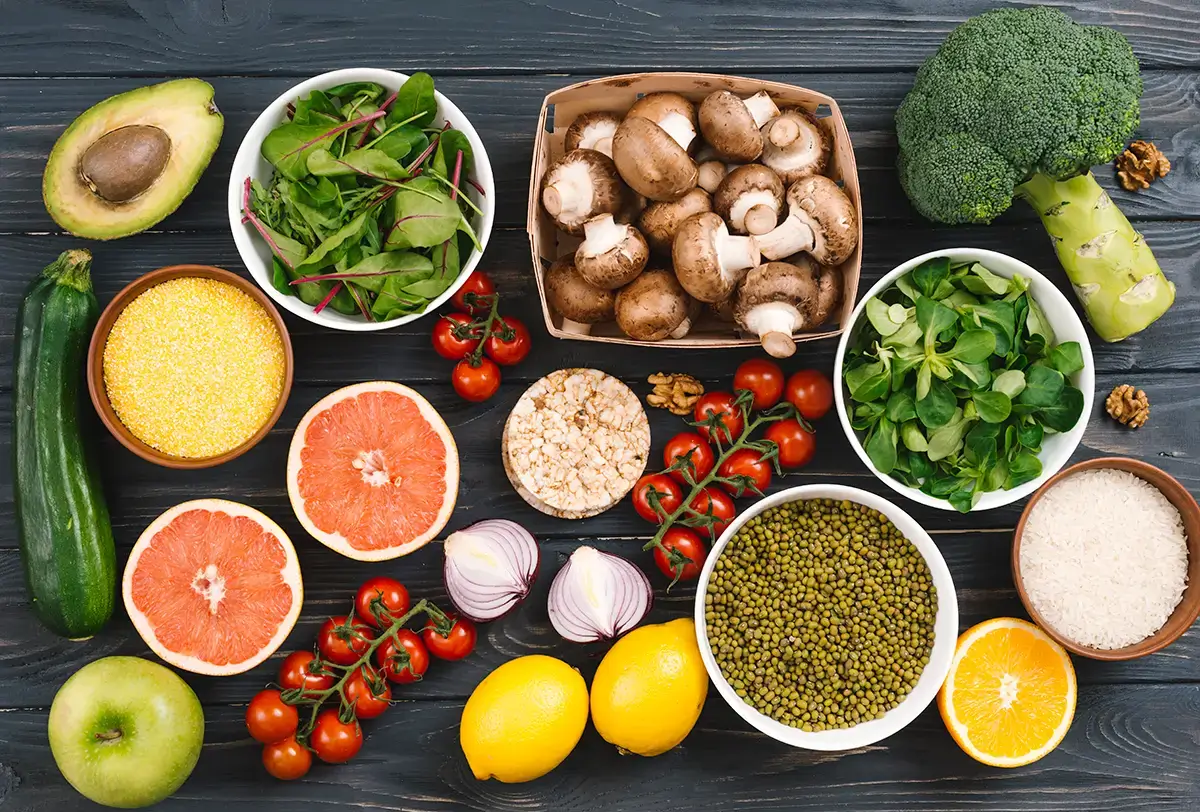The Importance of Protein in Muscle Hypertrophy: Guide to Mass Gain
Muscle hypertrophy, or the increase in muscle size, is a common goal among bodybuilders and athletes. To achieve this goal, proper nutrition is crucial, and protein plays a central role in this process. In this article, we will explore the importance of protein in hypertrophy, how it contributes to muscle growth, and provide practical tips to optimize your protein intake.
1. The Role of Protein in Hypertrophy
Protein is composed of amino acids, which are the building blocks of muscles. During resistance exercise, such as weightlifting, microscopic damage occurs to muscle fibers. The body uses amino acids to repair these fibers, making them larger and stronger in a process known as protein synthesis. Without adequate protein intake, this repair and muscle growth process is impaired.
2. How Much Protein is Necessary?
The amount of protein needed varies from person to person, depending on factors such as body weight, physical activity level, and specific goals. However, a common recommendation for those aiming for hypertrophy is to consume about 1.6 to 2.2 grams of protein per kilogram of body weight per day. Athletes and individuals with intense training regimens may require even higher amounts.
3. Protein Sources
There are various sources of protein that can be included in the diet:
- Animal Protein: Meat, chicken, fish, eggs, and dairy products are excellent sources of high-quality protein.
- Plant Protein: Beans, lentils, tofu, quinoa, and nuts are great options for vegetarians and vegans.
- Supplements: Whey protein, casein, soy protein, and other supplement options can help ensure adequate protein intake, especially for those who have difficulty consuming sufficient amounts through food.
4. Timing of Protein Intake
The timing of protein intake can significantly influence protein synthesis. Consuming protein shortly after a workout is ideal as muscles are more receptive to nutrients during the anabolic window. Additionally, spreading protein intake evenly throughout the day can maximize the benefits for hypertrophy.
5. Combining Proteins with Carbohydrates
Combining proteins with carbohydrates can enhance the anabolic response post-exercise. Carbohydrates help replenish muscle glycogen stores and stimulate insulin release, a hormone that facilitates amino acid uptake by muscle cells. A post-workout meal that includes both macronutrients can be particularly effective.
6. The Importance of Protein Quality
Not all proteins are created equal. High-quality proteins, such as those found in animal sources and some plant sources, contain all the essential amino acids necessary for protein synthesis. The quality of protein is as important as the total amount consumed.
Conclusion
Protein is essential for muscle hypertrophy, providing the amino acids necessary for the repair and growth of muscle fibers. Consuming an adequate amount of protein, distributed throughout the day and combined with other macronutrients, can maximize training results. With proper nutrition and a consistent training regimen, it is possible to effectively achieve your muscle mass gain goals.
Sources Consulted
- Mayo Clinic – Nutrition: Tips for Improving Your Health
- Harvard T.H. Chan School of Public Health – The Nutrition Source: Healthy Eating Plate
- WebMD – Diet and Nutrition: Healthy Eating
- Healthline – How to Eat Healthy: 10 Easy Tips for a Healthy Diet














